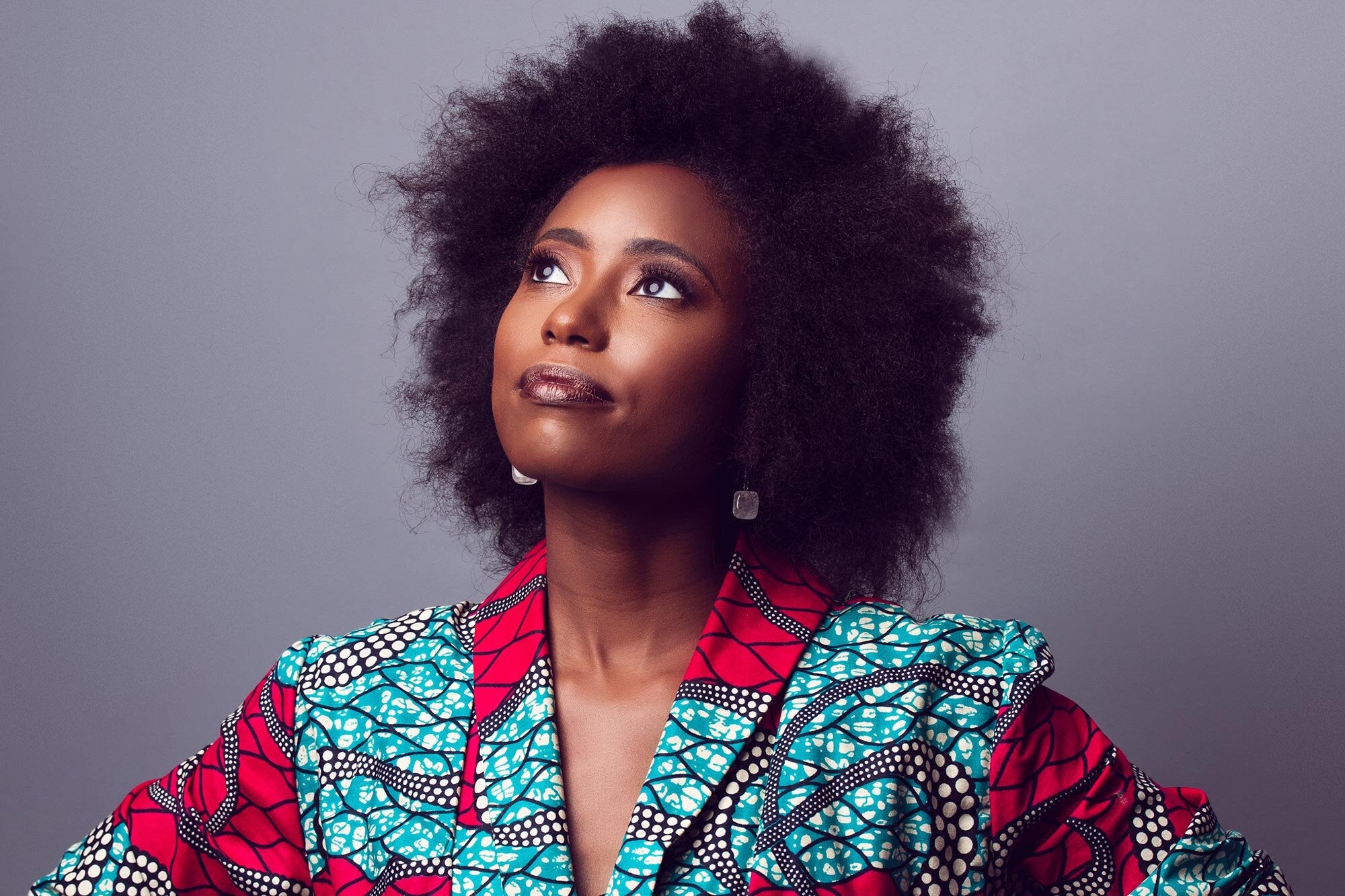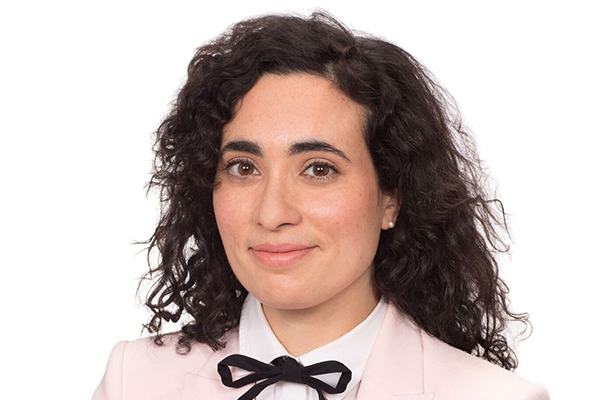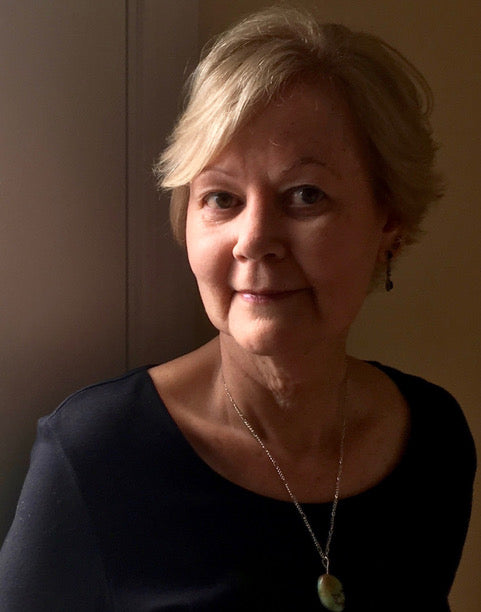Book: Moon U.S. Civil Rights Trail

Author: Deborah D. Douglas
Author Bio:
1. What is your favorite thing about black people?
Our joy and resilience, and we look good, too.
2. What scares you most about our society today?
When I see a commitment to remaining ignorant because it makes people feel comfortable while the truth actually hurts others.
3. What inspires you most about our society today?
The United States formed to make a more perfect union, which means we have hope of doing better. We’ve done it before, and we can keep doing it.
4. How did the concept for “U.S. Civil Rights Trail” come together?
It’s actually a 2018 designation by 12 Southern state tourism offices who recognized the need to tell stories of the Civil Rights Movement. My book is the first to ever follow this official trail.
5. What is something unique you learned while researching and developing “U.S. Civil Rights Trail”?
Everybody has a civil rights story in their family, even if their story is their family didn’t believe in civil rights.
6. Cities such as Montgomery, Atlanta, and Memphis are historically documented and have a rich history when it comes to the Civil Rights Movement. What is one city that is also very rich in Civil Rights history that doesn’t get as much love or attention?
The Mississippi Delta has a rich history because Emmett Till’s life and death served as a catalyst for the mid-century Civil Rights Movement. The Delta has a lot to offer and has yet to fulfill its potential as a travel destination.
7. Why do you think the history that you are bringing back to the surface, tends to be often revised and hidden from the masses?
I never said that and wouldn’t characterize the telling of civil rights history in this way. I can say we don’t often hear the story of the movement told through the lens of geography as a connected trail or as a travel experience. That is an opportunity that loops in our Great Migration roots and tendency to return South and fact that the region has so much to offer. Officially speaking, the civil rights trail starts as far east as Wilmington, Delaware, and as far west as Kansas. It goes deep into Louisiana and Florida.
8. From all your research, what is still the most mind-boggling piece of history you have discovered about Civil Rights’ origins?
When the four girls (Addie Mae Collins, Cynthia Wesley, Carole Robertson and Carol Denise McNair) were bombed by the KKK on Sunday, September 15, 1963, two Black boys were also murdered by racists that same day. Birmingham lost six Black children that day. That this happened continually devastates me. My heart goes out to their families.
9. Martin Luther King’s 1967 book “Where Do We Go From Here? Chaos or Community”, asked a phenomenal question: where do you see America heading in 2021 and beyond in terms of race relations?
We just had a coup attempt at the Capitol in Washington, D.C. That speaks for itself.
10. If you were designated the 'Head of Schooling' in America, what strategies or systems would you implement so that future generations are taught accurate accounts of American history?
I would do just that. I would gather the best minds in education and history and make sure we teach the whole story as a matter of course, not as a special feature but the norm. That means the story of women, African Americans, Latinos, the LBGTQ community and more. The teaching of U.S. history tends to follow The Great Man Theory, which I don’t find useful or altogether true.
11. What’s your best advice for getting over writer’s block?
I haven’t quite figured that out yet. I guess the answer is deadlines and being a person of integrity who adheres to them. Bottom line: Do what you say you’re going to do.
12. What’s the best book you have read this year so far?
Besides my travel book? Four Hundred Souls: A Community History of African American, 1619-2019, edited by Ibram X. Kendi and Keisha N. Blain. I’m one of the 90 writers, poets and thinkers who contributed to it.
Also: Caste by Isabel Wilkerson. Isabel always brings the fire.
13. What’s the best advice you have ever received on happiness?
I’ve never been given advice on happiness. I strive for contentment and a feeling of well-being because happiness is fleeting.
14. Do you plan on writing more books in the future?
Yes! I have a lot more to say.
Places To Find More From This Author:
Instagram: @debofficially
Twitter: @debofficially
Facebook: Deborah D. Douglas
Website: www.debofficially.com
Get Your Copy of Moon U.S. Civil Rights Trail Today!







